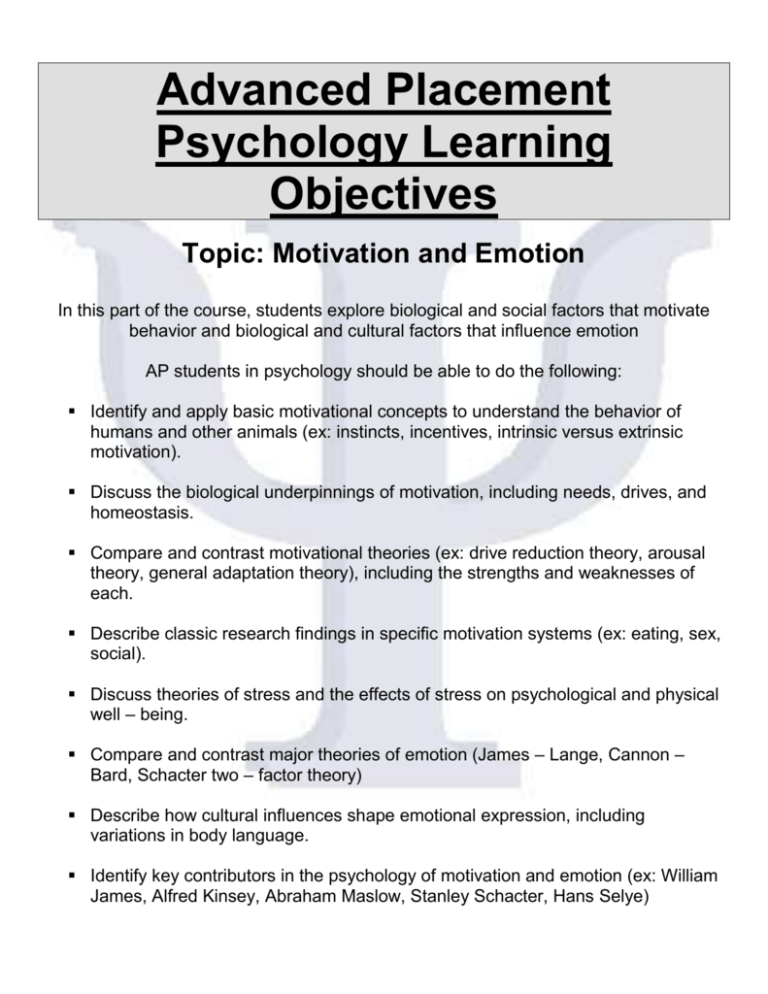

Some social psychologists use the social exchange theory to explain why people. Burke has gathered developers and expert practitioners from fourteen different social psychological paradigms to provide up-to-date accounts. The person needing help appears deserving of help. The breadth and depth of coverage, and attention to recent theoretical developments, make this volume essential reading for sociologists and others interested in the field." Written by the most renowned scholars in the field, it offers a marvelously comprehensive review of the major theoretical traditions and programs. "This is an invaluable contribution to sociological social psychology.

Jeylan Mortimer, University of Minnesota

It is essential reading for social psychologists and will surely become a staple of graduate seminars in the years to come." He also developed social comparison theory, devised several of the earliest. "Bringing together leading sociologists, this volume elucidates recent developments in the theoretical foundations of social psychology and the major research programs that they have inspired. In addition to training prominent psychologists such as Stanley Milgram. A mainstay in teaching social psychology, this revised and updated edition offers a valuable survey of the field. A new, original piece examines the state and trajectory of social network theory. Following chapters focus on specific research programs and theories, examining identity, affect, comparison processes, power and dependence, status construction, and legitimacy. The opening chapters of Contemporary Social Psychological Theories cover general approaches, organized around fundamental principles and issues: symbolic interaction, social exchange, and distributive justice. This second edition has been revised and updated to reflect developments within each theory, and in the field of social psychology more broadly.
#Major theories of social psychology full
Original chapters by the scholars who initiated and developed these theoretical perspectives provide full descriptions of each theory and its background, development, and future.


 0 kommentar(er)
0 kommentar(er)
